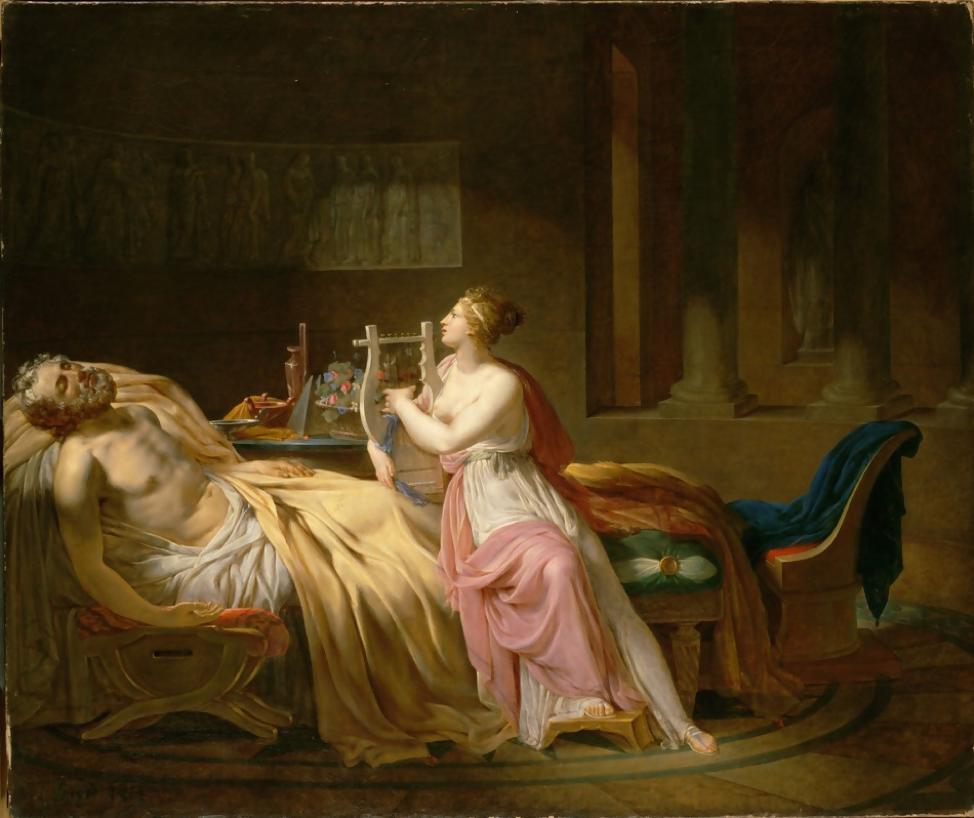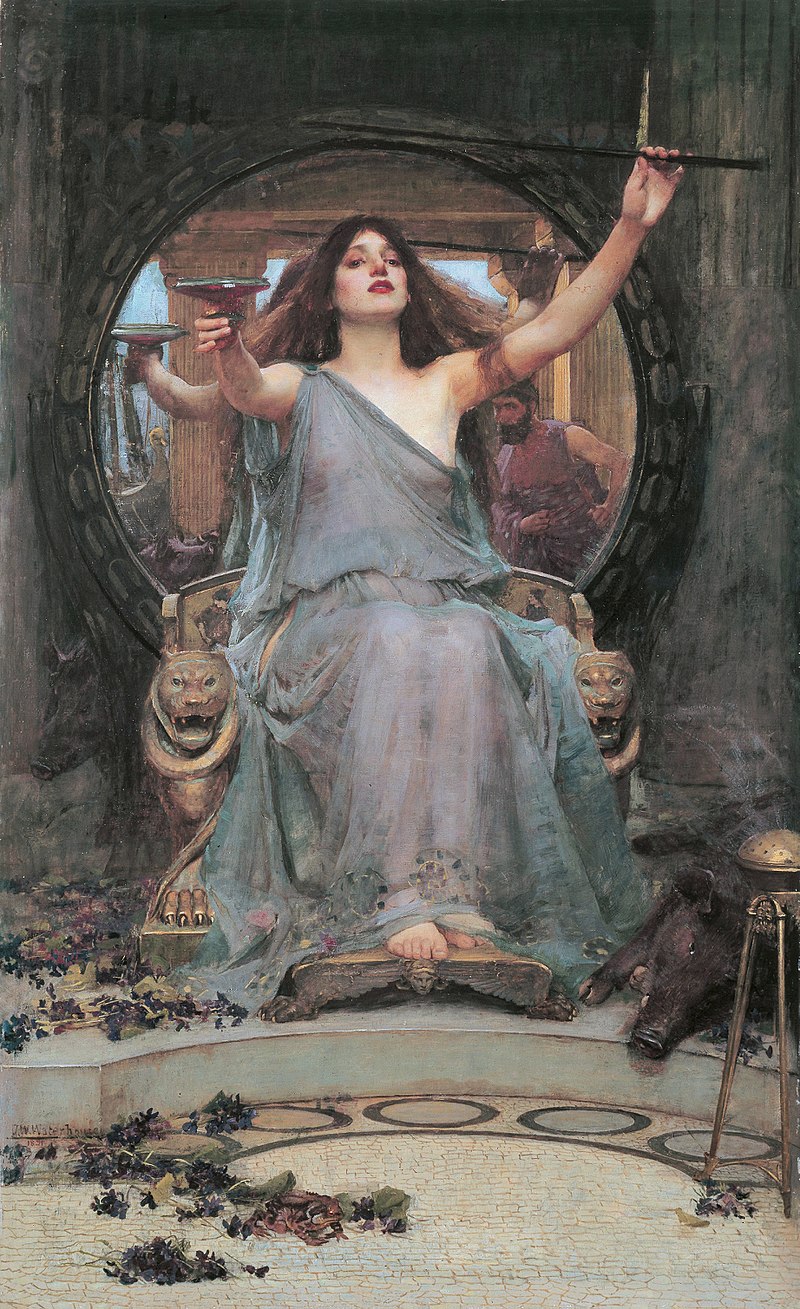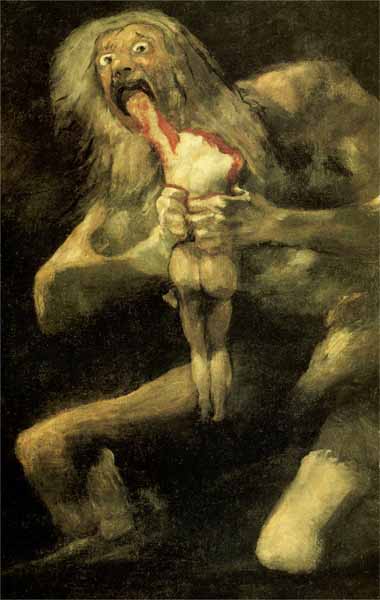Written by Jocelyn Hitchcock, Contributing Writer, Classical Wisdom “Sing, O Muse, of the man of many devices…” Line one of the Odyssey begins like so many in ancient literature, by invoking the muses or gods. It was a common practice to ask, thank, and implore the other-worldly forces for inspiration and guidance in writing and



